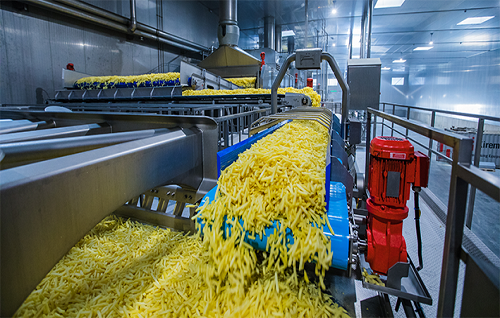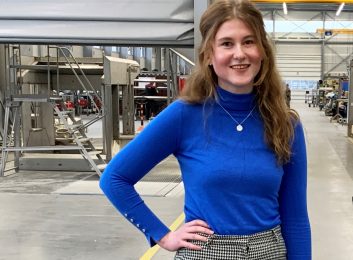Kiremko manufactures processing lines for the potato processing industry. Using the Montfoort-based company's machines, customers produce such products as chips, rösti, potato flakes and mashed potatoes.
The processing lines of Kiremko, founded in 1965 (180 employees, 2020 turnover: €59 million) find their way to customers all over the world, says project finance analyst Michelle Verlaan. 'There are only three similar turn key suppliers worldwide, who carry out all work in-house – from the initial design to installation on location at the customer. To optimally serve our customers, we have branches in China, India, Russia and the United Kingdom and we maintain a global agent network.'


